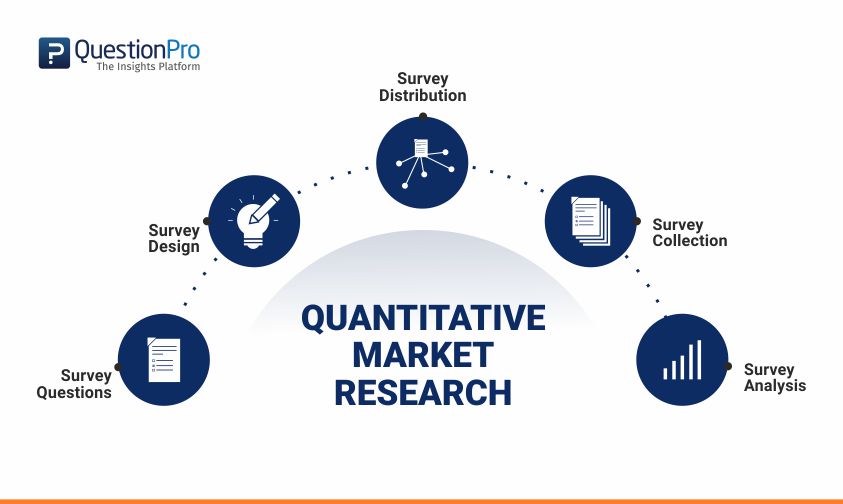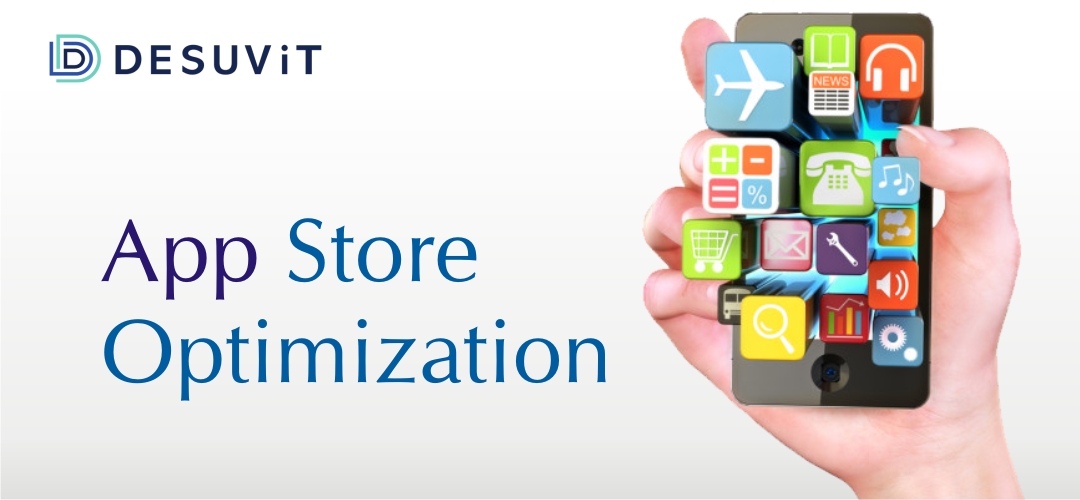In today’s fast-paced digital world, having a well-defined app development strategy is crucial for the success of any business. Mobile applications have become a significant channel for customer engagement, brand visibility, and revenue generation. To ensure a successful app development journey, businesses need to adopt a comprehensive strategy that addresses various aspects, from conceptualization to post-launch support. Here’s a 600-word guide on an effective app development strategy for business success:
1. **Market Research and Analysis**:
The first step is to conduct thorough market research to identify the target audience, competitors, and current market trends. Understanding user needs and pain points will help refine the app’s concept and features to deliver maximum value. Analyzing competitors’ apps will also provide insights into potential gaps in the market that your app can fill.

2. **Clear Objectives and Goals**:
Define clear and achievable objectives for the app. Whether it’s increasing brand awareness, boosting customer engagement, or driving sales, having well-defined goals will guide the development process and allow you to measure the app’s success accurately.
3. **User-Centric Design**:
The user interface and user experience (UI/UX) are critical elements of app success. Invest in a user-centric design that is intuitive, visually appealing, and easy to navigate. Conduct usability testing to gather feedback and optimize the app’s design based on real user interactions.

4. **Platform Selection**:
Decide on the platforms to target for your app, such as iOS, Android, or both. Choosing the right platform(s) depends on your target audience and business goals. Native, hybrid, or cross-platform development frameworks can be considered based on the budget and timeline.
5. **Development Team**:
Assemble a skilled and experienced development team. Whether you choose an in-house team or outsource to a reliable app development agency, ensure they have a track record of successful projects and are well-versed in the chosen platform(s) and technologies.
6. **Agile Development Methodology**:
Adopt an agile development approach to enable flexibility and adaptability during the development process. Regularly review and iterate on the app’s features, taking user feedback and changing market conditions into account.
7. **App Monetization Strategy**:
Define your app’s monetization strategy early on. Will it be a paid app, freemium with in-app purchases, ad-supported, or subscription-based? Choosing the right monetization model aligns with your business objectives and helps generate revenue.

8. **Security and Data Privacy**:
Prioritize app security and data privacy to build trust with users. Implement robust security measures, secure data storage, and comply with relevant data protection regulations such as GDPR or CCPA.
9. **Quality Assurance and Testing**:
Rigorous testing is crucial to deliver a bug-free and smooth user experience. Conduct functional, usability, performance, and compatibility testing across various devices and operating systems.
10. **App Marketing and Launch Plan**:
Develop a comprehensive marketing and launch plan to create buzz around your app before its release. Leverage social media, content marketing, influencers, and pre-launch campaigns to build anticipation.
11. **App Store Optimization (ASO)**:
Optimize your app’s listing in the app stores by using relevant keywords, appealing app descriptions, and high-quality visuals. ASO will help increase visibility and organic downloads.

12. **Post-Launch Support and Updates**:
The app development process doesn’t end with the launch. Continuously monitor user feedback, fix bugs, and release updates with new features to keep users engaged and satisfied.
13. **Analyzing and Measuring Performance**:
Use analytics tools to track app performance, user behavior, and key performance indicators (KPIs) related to your goals. Analyze the data regularly to identify areas for improvement and inform your future app development strategies.
By following this app development strategy, businesses can increase the likelihood of creating a successful app that not only meets user needs but also aligns with the company’s objectives, resulting in improved brand reputation, customer loyalty, and increased revenue.

